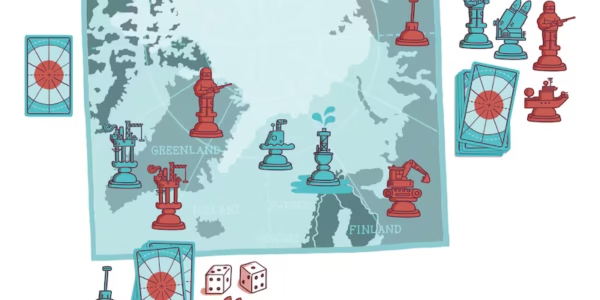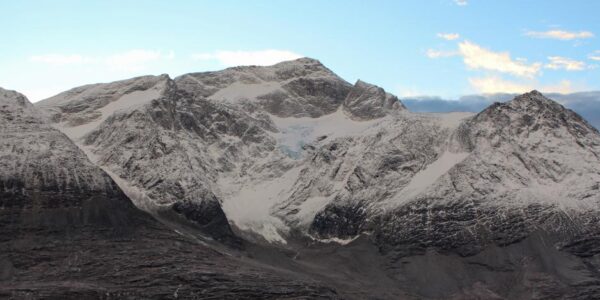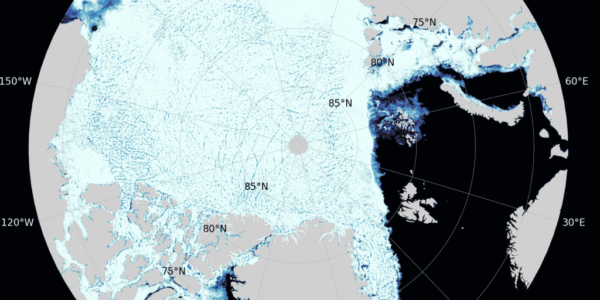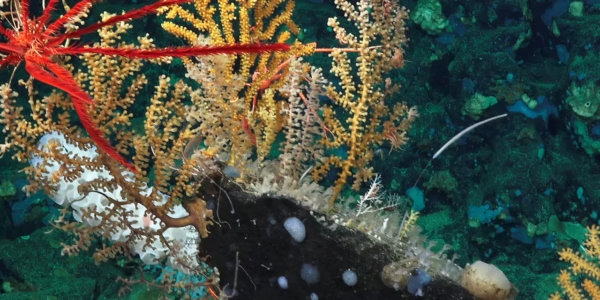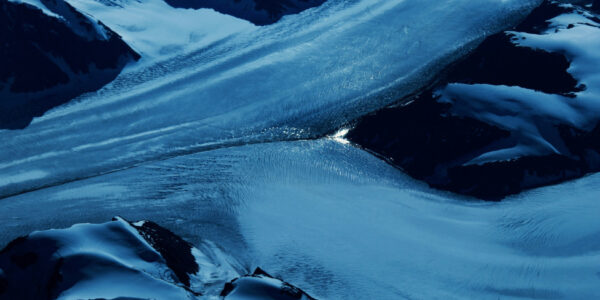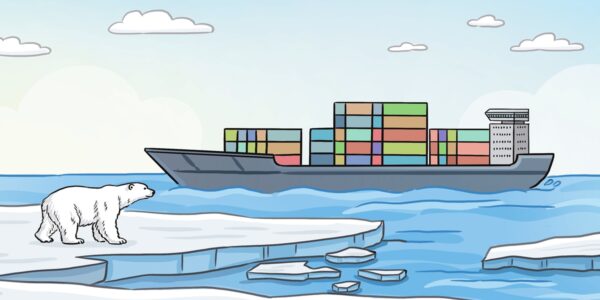All eyes on the Arctic: The geopolitical race over the Far North
An abundance of natural resources, faster trade routes and military advantages have powers around the globe vying for a slice of the Arctic Circle.
The Sixth US National Climate Assessment
Our review demonstrates that many of the report’s central claims—such as the absence of trends in extreme weather, or the notion that carbon dioxide is broadly beneficial—are misleading or outright wrong.
The Arctic: Record Low Winter Sea Ice and Orange Rivers
The 2025 Report Card shows a still-worrying situation for the Arctic climate, including the loss of sea ice and warmer temperatures.
Facts About the Arctic in December 2025
The latest Alfred Wegener Institute sea ice concentration map shows that the Pacific side of the Central Arctic Basin is now almost completely refrozen.
The deep sea and the Arctic must be included in efforts to tackle climate change
The deep sea stores 50 times more carbon than the atmosphere and 20 times more than all terrestrial plants and soils combined.
Reindeer numbers may fall as Arctic warms
Global reindeer populations could fall by more than half by 2100 due to the impacts of climate change.
Grok Confirms Michael Shellenberger Talks Abject Nonsense
Grok is a generative artificial intelligence chatbot developed by xAI. It was launched in November 2023 by Elon Musk as an initiative based on the large language model (LLM) of the same name.
The European Union’s Arctic policy “in a hove-to position”
The Union’s Arctic policy has not been updated or adapted whilst the geopolitical context has changed radically with Russia’s war of aggression against Ukraine, which has undermined the security and stability of the Euro-Atlantic area.
Why Arctic cooperation with China is beneficial for South Korea
The importance of the Arctic shipping route has thus regained global focus, attracting significant interest not only from China, but also from Northeast Asian countries including South Korea.
